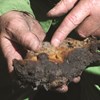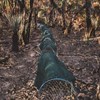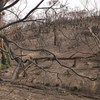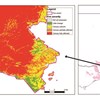
A conservation response to the 2019-20 wildfires
Tuesday, 21 January 2020With other concerned conservation biologists, researchers from the Threatened Species Recovery Hub have developed a ‘blueprint’ for management responses to the 2019-20 wildfires. This report can be downloaded HERE.
This document is a response to the profound impacts of these fires on many threatened plant and animal species, and it reflects our hub’s primary objectives – to enhance the conservation of Australia’s threatened species (and ecological communities) and to provide evidence and advice to the community and many other stakeholders about such conservation.
The purpose of this document is to try to describe and justify the immediate, short- and longer-term responses to these fires. It seeks to provide the broad context for connecting and prioritising these responses. In ‘fog of war’ situations, such as these fires, there is a need for actions to be coordinated, purposeful and strategic. In this case, there is a priority for urgent response for animal welfare concerns, but also an even more important priority for long-term management, planning and policy refinement to provide the greatest prospect of environmental recovery.
This blueprint is for advice only. Individual agencies, conservation NGOs and other groups will have their own roles to play in this recovery, and their own plans or strategies for response. The ecological losses caused by these fires have been extremely severe, but there has also been an extraordinary willingness by the Australian, and international, community to respond, and a much-shared hope for recovery. We hope that this blueprint will help chart the route to such recovery.
Threatened Species Recovery Hub Leadership Group
Stephen Garnett, Sarah Legge, David Lindenmayer, Martine Maron, Brendan Wintle, John Woinarski
Related News
-
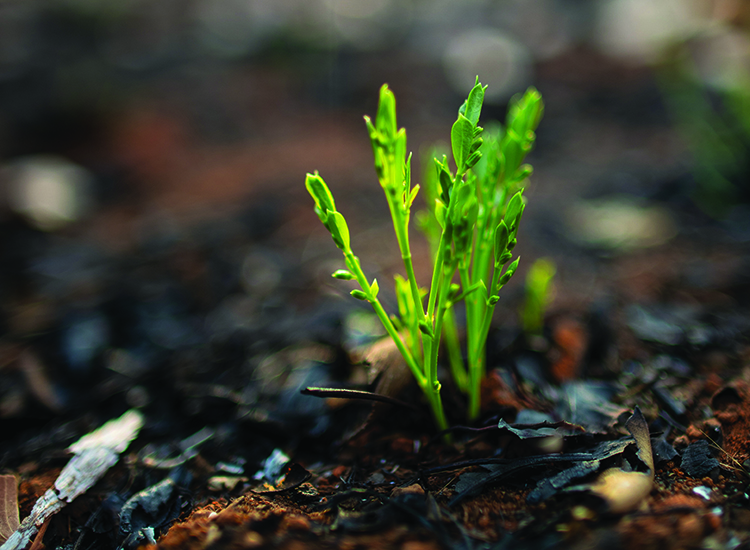
From the ashes: The 2019–20 wildfires and biodiversity loss and recovery
Monday, 31 August 2020 -
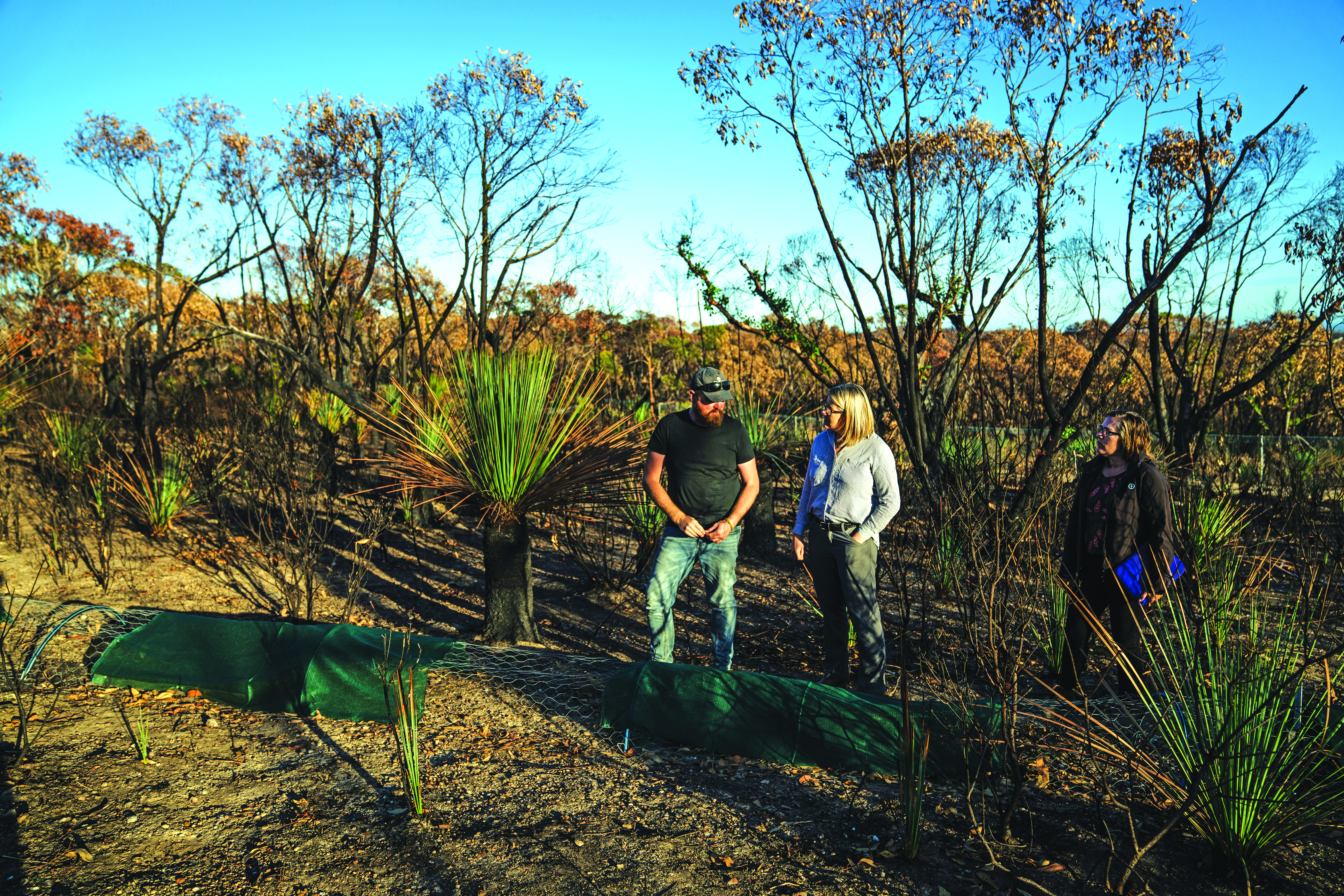
Rapid action to save species after the fires
Monday, 31 August 2020 -
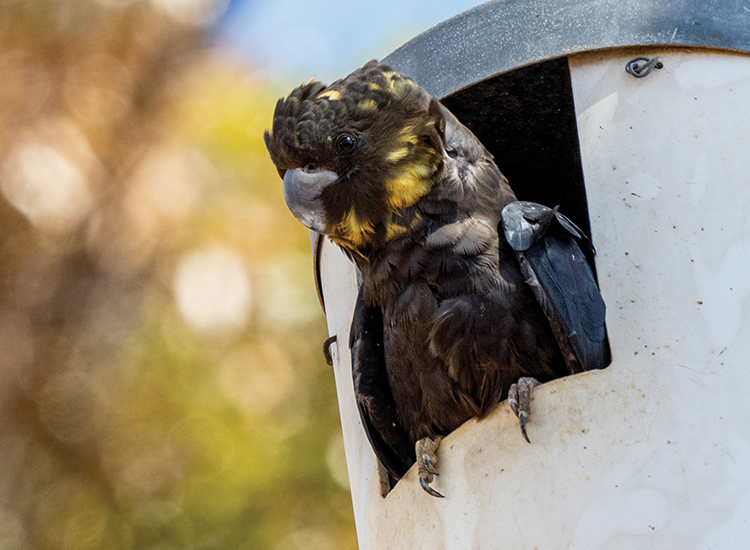
Prioritising action for animal species after the fires
Tuesday, 01 September 2020 -
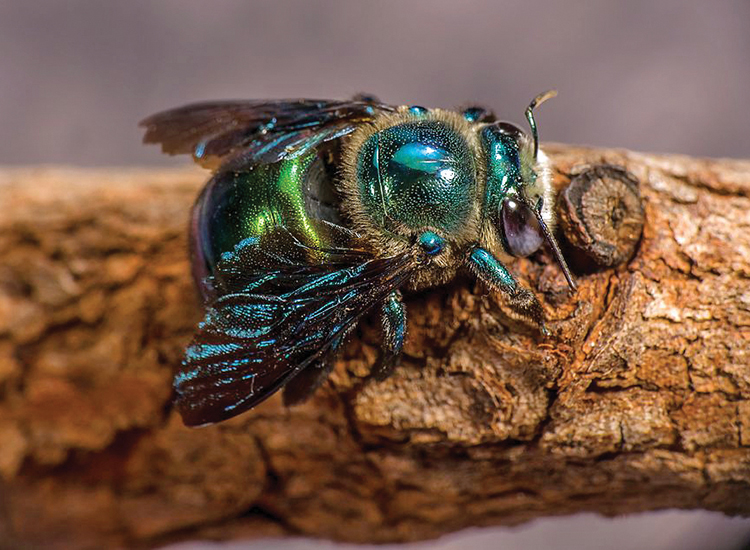
The little things count too: Prioritising recovery efforts for fire-affected invertebrates
Tuesday, 01 September 2020 -
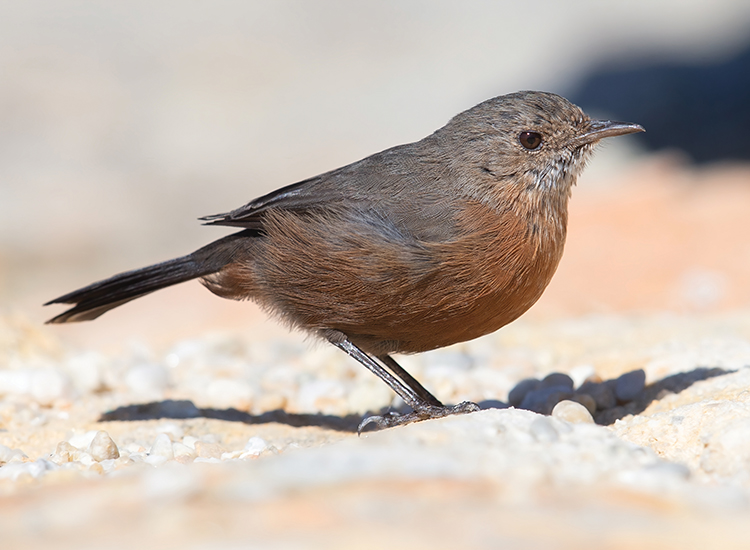
Protecting persistence: Listing species after the fires
Tuesday, 01 September 2020 -
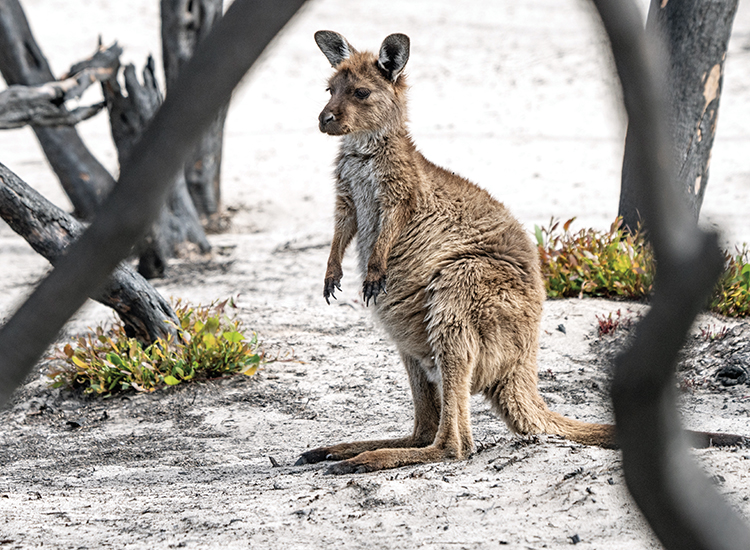
Fire and post-fire impacts on wildlife groups, and priority conservation responses
Wednesday, 02 September 2020 -
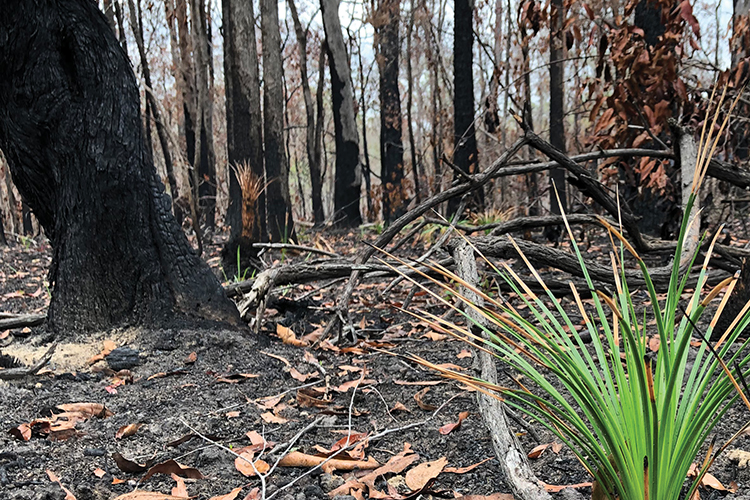
Considering cats and foxes after the bushfires: Fewer pests but more impact?
Monday, 16 March 2020 -
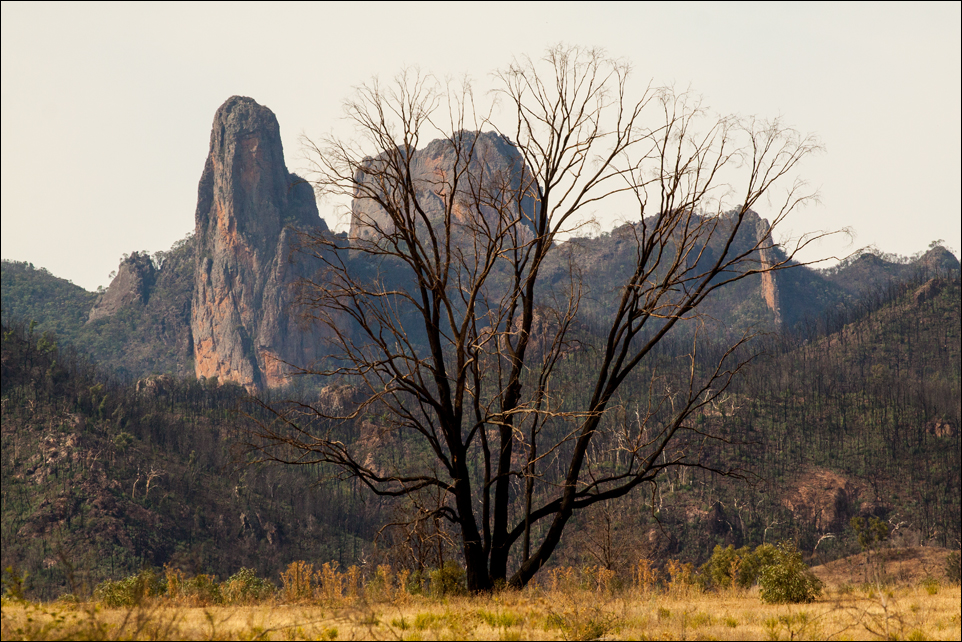
Threatened Species Recovery Hub statement on the fires
Tuesday, 14 January 2020
